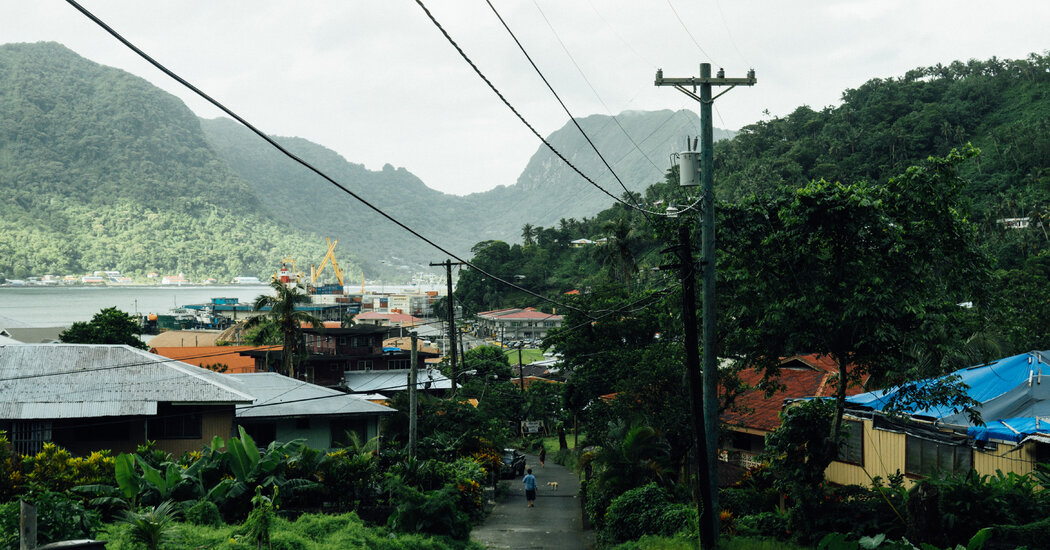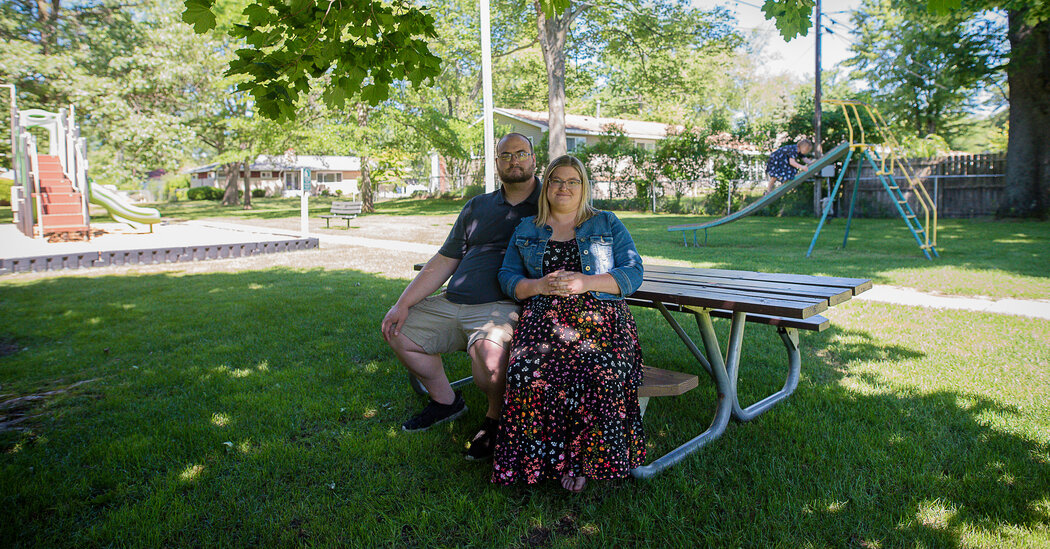
WASHINGTON — Justice Neil M. Gorsuch last month issued a 10-page concurring opinion that amounted to a plea. The Supreme Court, he wrote, must find a case in which to overrule a series of discredited decisions issued in the early 1900s that were based on racist assumptions and imperial ambitions.
The decisions, known as the Insular Cases, said that some United States territories, like Puerto Rico and Guam, are not entitled to all of the Constitution’s protections.
“The flaws in the Insular Cases are as fundamental as they are shameful,” Justice Gorsuch wrote, adding: “The Insular Cases have no foundation in the Constitution and rest instead on racial stereotypes. They deserve no place in our law.”
The court, he wrote, should overrule those decisions in “an appropriate case.” He seemed to have one in mind. Last year, the U.S. Court of Appeals for the 10th Circuit, in Denver, relied on the Insular Cases to reject birthright citizenship for people born in American Samoa.
Justice Gorsuch cited the decision, Fitisemanu v. United States, three times.
Last week, just six days after Justice Gorsuch issued his opinion, a petition asking the justices to review that ruling arrived at the Supreme Court. It asked the justices to decide “whether the Insular Cases should be overruled.”
The Insular Cases, issued between 1901 and 1922, said so-called unincorporated territories had second-class status because, as one justice put it in 1901, they were “peopled with an uncivilized race” that was “absolutely unfit to receive” the “immediate bestowal of citizenship.”
American Samoa, made up of islands in the South Pacific, became a United States territory in 1900. Its residents live in a sort of constitutional limbo.
A federal law says that American Samoans are “nationals, but not citizens, of the United States at birth” who nevertheless owe “permanent allegiance to the United States.”
As the petition put it, “they are citizens of nowhere.”
If they move to other parts of the United States, they cannot vote in state or federal elections, serve on juries or be officers in the armed forces. They can serve in the military, though, and American Samoans have enlisted at a strikingly high rate.
Three men born in American Samoa who live in Utah sued to obtain citizenship, and Judge Clark Waddoups of the Federal District Court in Utah ruled in their favor. He rejected the federal government’s argument that the Constitution does not require birthright citizenship for people born in unincorporated territories and that “any remedy here must come from Congress, not the federal judiciary.”
Judge Waddoups also discounted the views of the government of American Samoa, which said citizenship should not be imposed over the wishes of many residents who fear it would imperil their traditional cultural and religious practices.
The judge instead ruled for the challengers, relying on the citizenship clause of the 14th Amendment, which says that “all persons born or naturalized in the United States, and subject to the jurisdiction thereof, are citizens of the United States.”
A divided three-judge panel of the U.S. Court of Appeals for the 10th Circuit reversed Judge Waddoups’s decision, citing the Insular Cases.
Judge Carlos F. Lucero, writing for the majority, acknowledged that the cases “have become controversial” and “are criticized as amounting to a license for further imperial expansion and having been based at least in part on racist ideology.”
But Judge Lucero concluded that “the Insular Cases supply the correct framework for application of constitutional provisions to the unincorporated territories.” Under that framework, he wrote, the plaintiffs were not entitled to citizenship at birth as a constitutional right.
Congress is free to confer birthright citizenship on American Samoa, as it has on people born in Puerto Rico, Guam, the Northern Mariana Islands and the U.S. Virgin Islands. But the Constitution, he wrote, is silent on the matter.
Judge Lucero added that it may be possible to “repurpose” the Insular Cases “to preserve the dignity and autonomy of the peoples of America’s overseas territories,” notably by protecting native culture and traditions.
But in his concurring opinion last month, Justice Gorsuch was skeptical of what he called “a revisionist account” as a matter of both logic and law.
“Attempts to repurpose the Insular Cases merely drape the worst of their logic in new garb,” he wrote.
“At bottom,” Justice Gorsuch wrote, “the Constitution’s restraints on federal power do not turn on a court’s unschooled assessment of a territory’s local customs or contemporary currents in public opinion or academic theory.”
Justice Gorsuch is not alone in criticizing the Insular Cases. In a dissent in last month’s decision, which was about the availability of some Social Security benefits in Puerto Rico, Justice Sonia Sotomayor wrote that the cases were “premised on beliefs both odious and wrong.” At a 2019 argument in a case arising from the Puerto Rican debt crisis, Justice Stephen G. Breyer said the cases had cast a “dark cloud.”
The Supreme Court has developed what Justice Gorsuch called a workaround to avoid the worst implications of the Insular Cases, ruling that most constitutional rights are so fundamental that they must apply in all territories.
“That solution is no solution,” he wrote. “It leaves the Insular Cases on the books.”




